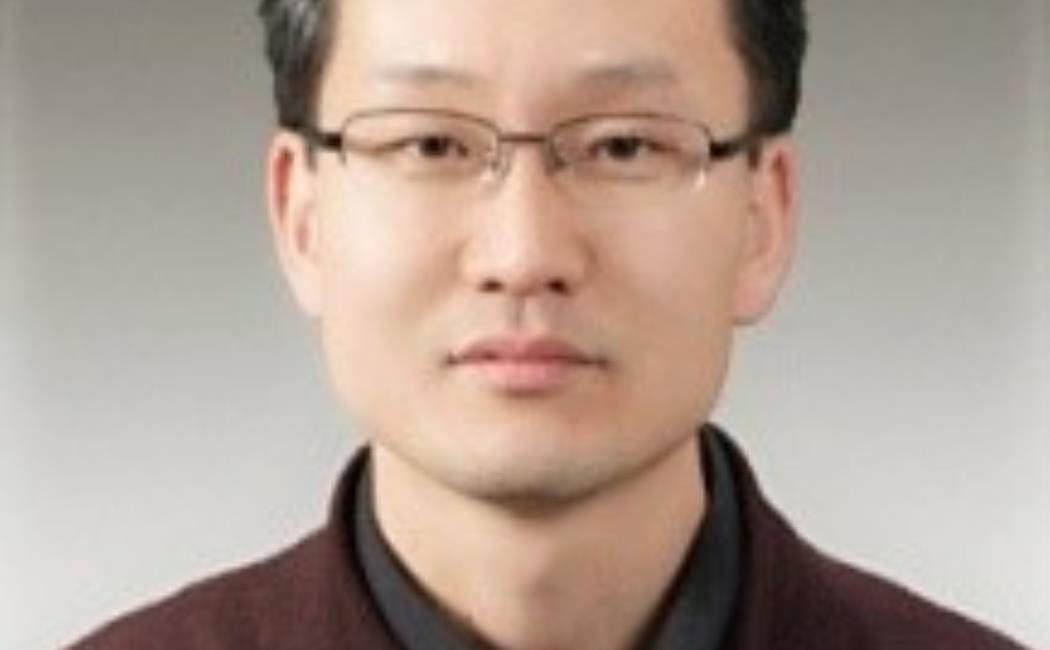

KSC SEMINARS

Department of Chemistry, Korea University, Seoul 02841, Korea
Date & Time: Thursday February 22nd, 2018 from 2pm
Venue: Building 5, level 5, 5220
Light refreshments provided.
Abstract: Over the past few decades, organic solar cells (OSCs) have made a significant progress, showing their great potential for low-cost, flexible, lightweight, portable and large-area energy-harvesting devices. Although PC61BM and/or PC71BM structures have been exploited successfully in OSC devices, efforts to modify the fullerene structures for further improving the device performance have been tried recently because fullerene derivatives have the inflexibility in molecular design, difficult purification, poor morphological stability, and limited light absorption in the visible region, etc. In recent years, nonfullerene acceptors have emerged as an alternative candidate of n-type materials to overcome the difficulties of fullerene derivatives in tuning optical and electronic properties. The strong and easily adjustable absorption characteristics of nonfullerene acceptors have been considered as a strong point compared to fullerene-type structures, showing a photovoltaic efficiency over ~13%. To further optimize the nonfullerene PSCs, controlling the BHJ morphology in the active layer is a critical requirement. Here we discuss the fundamental correlations between molecular structure, blend morphology and device performance in fullerene- and nonfullerene based PSCs. This shows that optimal combination of photovoltaic donor and acceptor pairs with complementary absorption, well-aligned frontier energy levels, and well-intermixed crystalline morphology can provide great potential to further increase the power conversion efficiency and device stability.
Biography: Prof. Han Young Woo received his Ph.D. degree in Chemistry from the Korea Advanced Institute of Science and Technology (KAIST), South Korea in 1999. After postdoctoral training at the University of California, Santa Barbara (UCSB) in USA, he joined the Pusan National University as an assistant professor. In 2015, he moved to Korea University and he is currently a professor in the Department of Chemistry, Korea University. His current researches focus on conjugated polymers and polyelectrolytes for applications in organic optoelectronic devices, fluorescence chemo-and biosensors.
References:
1. S. Y. Park, Y. Li, J. Kim, T. H. Lee, B. Walker, H. Y. Woo, J. Y. Kim, ACS Appl. Mater. Interfaces, in in press (2018).
2. T. L. Nguyen, T. H. Lee, B. Gautam, S. Y. Park, K. Gundogdu, J. Y. Kim, H. Y. Woo, Adv. Funct. Mater., 27(39), 1702474 (2017).
3. Y. Li, D. H. Lee, J. Lee, T. L. Nguyen, S. Hwang, M. J. Park, D. H. Choi, H. Y. Woo, Adv. Funct. Mater., 27(33), 1701942 (2017).
4. T. L. Nguyen, C. Lee, H. Kim, Y. Kim, W. Lee, J. H. Oh, B. J. Kim, H. Y. Woo, Macromolecules, 50 (11), 4415 (2017).
5. S.-J. Ko, Q. V. Hoang, C. E. Song, M. A. Uddin, E. Lim, S. Y. Park, B. H. Lee, S. Song, S.-J. Moon, S. Hwang, P.-O. Morin, M. Leclerc, G. M. Su, M. L. Chabinyc, H.Y. Woo, W. S. Shin, J. Y. Kim, Energy Environ. Sci., 10, 1443 (2017).